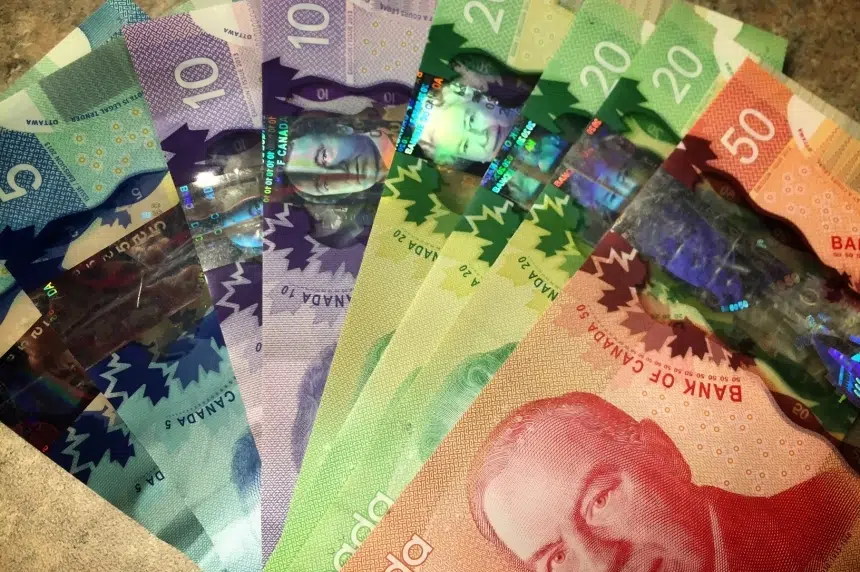The federal government announced it would be racking up another large deficit of $53 billion as a part of the 2022 budget last week.
But what does that mean for you?
Finance Minister Chrystia Freeland praised her government’s plan while tabling the budget Thursday, calling it a “fiscally responsible approach to economic growth.”
But Todd MacKay, the prairie region director for the Canadian Taxpayers Federation, couldn’t agree less.
He broke down many of his problems with the budget and how they affect you.
For one, prices have been rising at a record rate, making life much more expensive for everyone.
It’s a major problem that MacKay blames, in large part, on excessive spending from the federal government.
“If you’re filling up your car on the way home from work today, if you’re putting ground beef in the grocery cart today, you’ve probably noticed that it costs you more money than it used to. That’s because all of this government borrowing and spending is driving up inflation (and) driving up the price of everything,” he explained.
“So when you look at the price at the pump, or when you look at the price on that ground beef and maybe you even say some bad words to yourself, (Freeland) should hear those bad words.”
It’s something we all deal with, but he said it’s particularly tough for one group.
“It’s bad for all of us … but somebody it really hurts is seniors,” MacKay said. “So you’ve spent your whole life saving, you’ve got that nest egg there and every time they print a dollar, it makes your nest egg worth a little bit less than it was worth before.
“For younger folks, you can go out there and hope to earn more money and make up for that. For older folks who have spent a lifetime saving, this is dramatically unfair.”
Another big issue for MacKay is how government debt takes away from all other government programs. He likened it to a credit card: You have to pay interest on credit card debt, just like the government does on its debt.
It has reached a level that MacKay thinks is ridiculous.
“Canada is spending more on the interest charges on the debt than Alberta spends on health care, total,” he pointed out.
He also elaborated more on his comparison to credit cards to explain exactly what a deficit and the total debt is.
“It’s really simple … The deficit is just how much you blew the budget by this month. So you make a certain amount of money, but you spent more money than you make. That difference, that’s the deficit. That’s the amount of money you put on your credit card because your paycheque couldn’t cover it. The debt is the balance on your credit card,” he said.
Some have praised the budget for being moderate compared to previous budgets. The 2021 deficit rang in at $154 billion.
However, MacKay doesn’t think that’s anywhere near far enough in the right direction.
“Blowing your budget (and) racking up your credit card this month isn’t good just because you blew it up more last month and racked it up even more last month,” he said.
“Worst of all, they (have) no plan to deal with it.”
While the debt continues to climb, that’s not the worst thing to MacKay.
“If you run up your credit card, maybe you went out with your friends, you took a last-minute trip to Vegas, things got a little wild, you racked up your credit card, that’s bad. But if you make a plan to deal with it, it’s surprising how fast you can get on top of it,” he said.
“Here’s where it’s really bad, though: If you get those credit card statements and you just throw them in a drawer, you never look at them and you just … hope that it’s going to get better. That’s exactly what the federal government is doing.”











